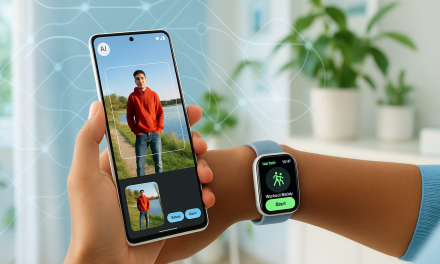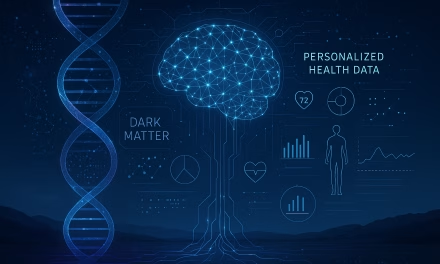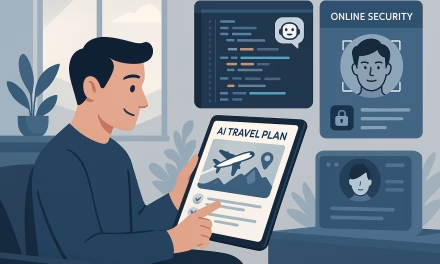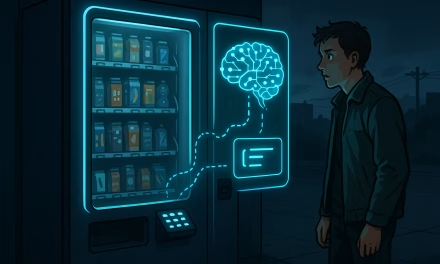July 12, 2025, highlights the complex and often contradictory impact of Artificial Intelligence on our daily lives. While AI promises unprecedented personalization and convenience in various lifestyle aspects, it also presents a growing peril in the form of sophisticated impersonation technologies.
On one hand, AI assistants are evolving into genuine collaboration tools that understand context and nuance, revolutionizing personalized services. Dating apps are now featuring AI concierges that match users based on genuine compatibility rather than superficial preferences. Healthcare providers are leveraging AI to detect patterns in daily routines and vital signs, preventing health issues before they become serious, and tailoring personalized treatment plans to individual genetics and lifestyle factors. AI is democratizing essential services, with the promise of personalized education for every child and skilled healthcare advisors in everyone’s pocket.
However, the same advanced AI capabilities that enable such personalization also fuel concerning developments. The rise of AI-powered voice cloning is being used to impersonate government officials, as evidenced by a recent incident where an impostor successfully used AI technology to communicate with foreign and U.S. officials. Cybersecurity experts are issuing stark warnings that “seeing or hearing is no longer believing,” as even trained professionals can be fooled by these sophisticated deepfakes.
This dual nature of AI presents a significant challenge for individuals navigating the digital landscape. While AI enhances productivity and creativity across fields from education to content creation, the need for critical discernment and robust digital security measures becomes paramount. The job market is also experiencing shifts, with AI training roles growing while some positions like prompt engineers become obsolete, further impacting lifestyle choices and career paths.
The developments on July 12, 2025, underscore that AI is a double-edged sword. Its promise to enrich our lives through personalization is immense, but it demands a heightened awareness of the risks and a collective effort to develop ethical frameworks and defensive technologies to safeguard against its misuse.





